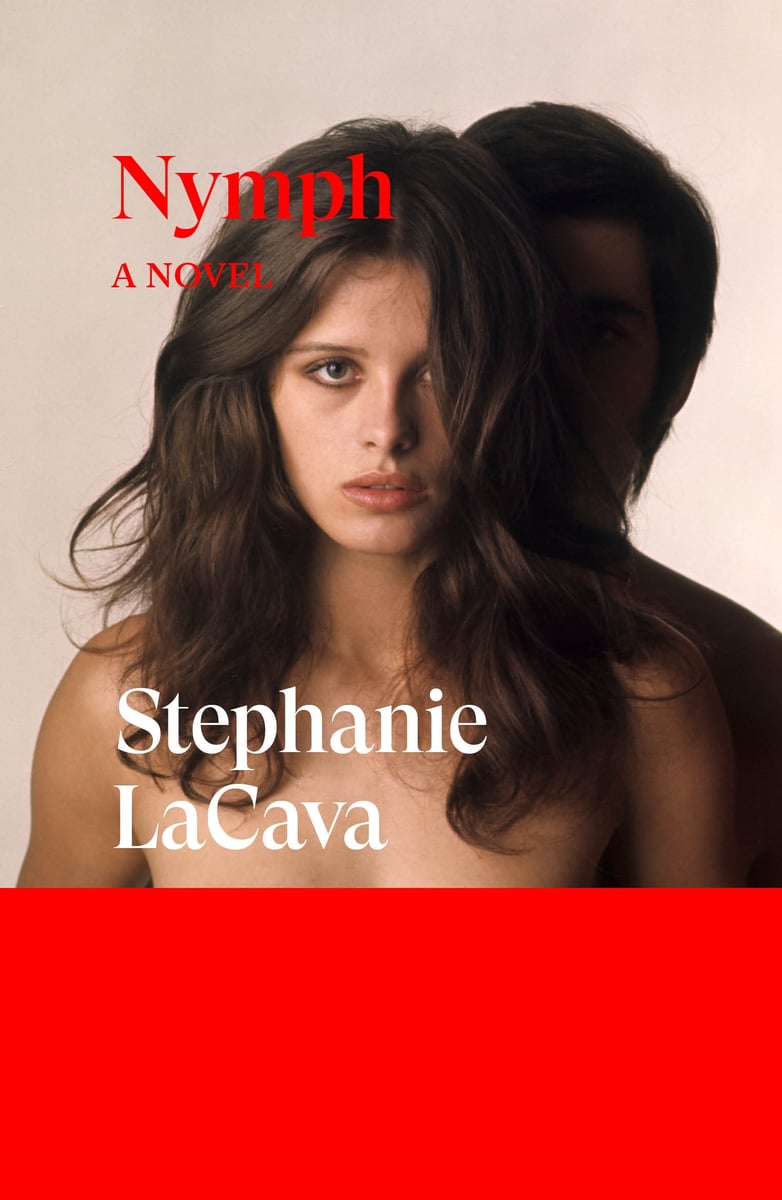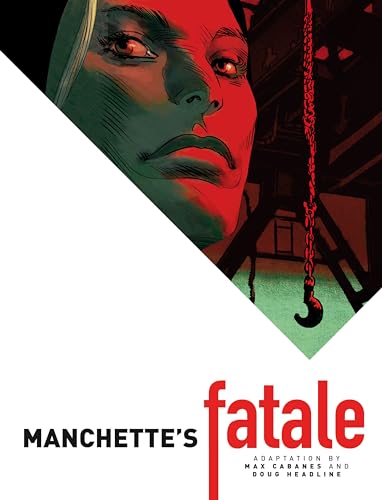Stephanie LaCava Has a Thing for Cinematic Books
We asked the 'Nymph' author to tell us about the titles that she thinks unfold like a movie, or tell her favorite Hollywood tales.
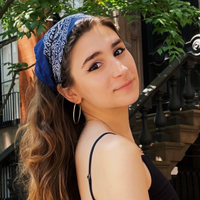
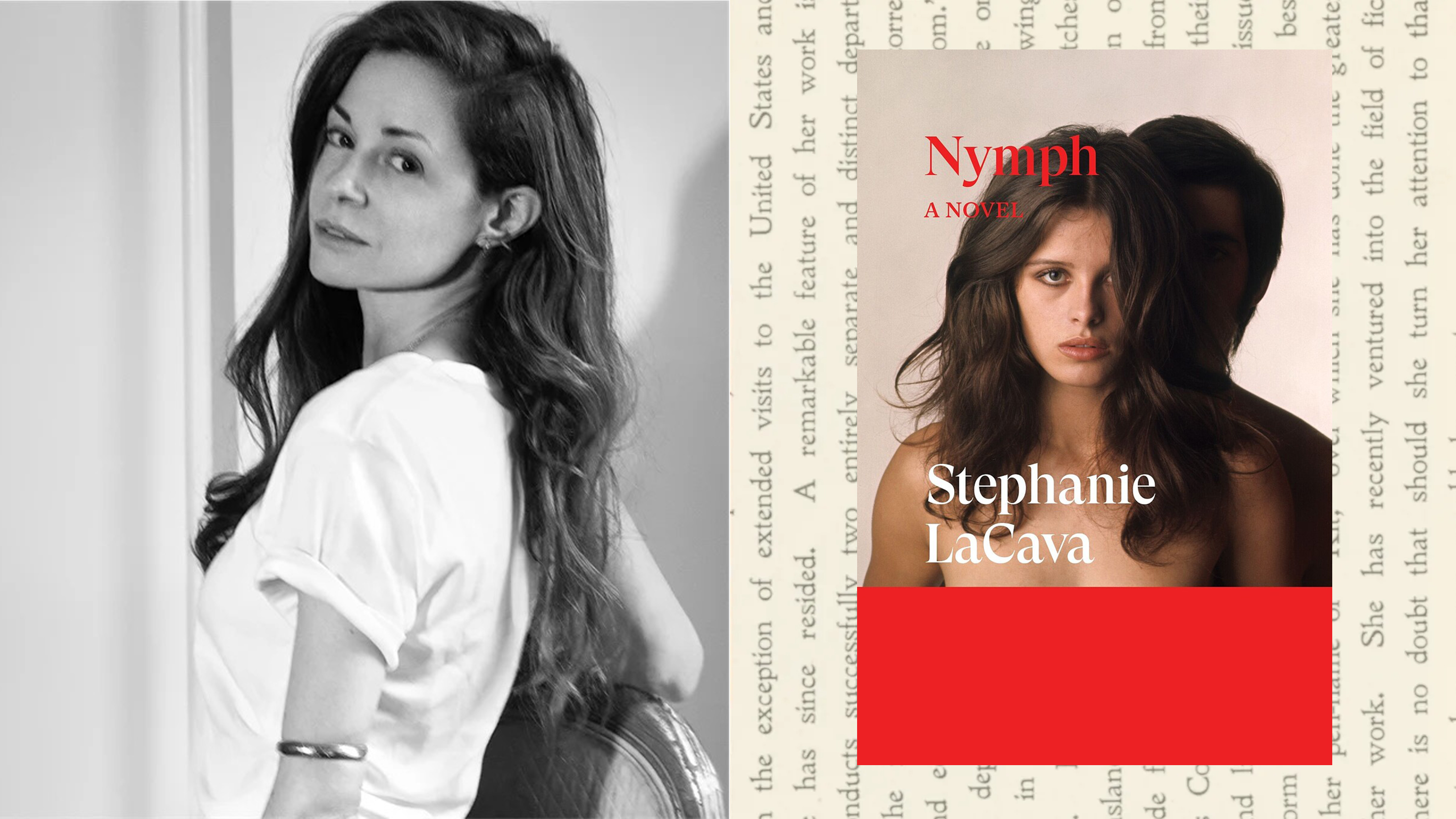
When you're looking to get lost in a book, sometimes you need your reading material to match your mood. With Marie Claire's series "Buy the Book," we do the heavy lifting for you. We're offering curated, highly specific recommendations for whatever you're looking for—whether you're in your feels or hooked on a subgenre trending on #BookTok.
In this author-curated rendition, Stephanie LaCava—the founder of the independent Small Press and author of I Fear My Pain Interests You and The Superrationals—shares her favorite cinematic books.
One word often attached to Stephanie LaCava’s writing? “Cinematic.” Known for her vivid storytelling and larger-than-life characters, LaCava's new novel, Nymph (out October 14), marks the final chapter of what she deems her “troubled young girl” trilogy.
Over email, LaCava explains to Marie Claire that she's interested in exploring characters who “are lost and unable to tap into their intuition because they are so saturated with media or the contemporary world.” She says, “This is the ‘young girl’ I write about. She’s feral, but numbed by forces she can’t figure out.”
Nymph centers on a 20-something who wears multiple hats—linguist, student, model, sex worker, but mostly assassin, having come from a family of spies. Her fatalism and tendency to avoid romantic love are made complicated when she’s pulled back into her family’s line of work and reconnects with someone from her father’s past.
Though LaCava didn’t watch any movies for inspiration while writing Nymph, the cinephile (who’s made a short herself) cites Chantal Akerman’s Les Rendezvous d’Anna and Abel Ferrara’s New Rose Hotel as films she “logged through [her] life” and returned to while working on the project.
“Nymph seems like it’s about a lot of things—absence, detachment—but it was originally conceived as a way of saying, ‘Hey, that thing you felt was real. You’re not wrong. It may not live now in the 3D, but don’t lose faith,’” the writer and Small Press founder says. “I think at first take, it might seem like the book is about the people who come into our lives and don’t stay, but I think it’s the opposite. It’s about the undeniable human need for connection and the rare magic when it finds into you.”
Get exclusive access to fashion and beauty trends, hot-off-the-press celebrity news, and more.
To learn more about LaCava’s taste, we asked her to curate a list of her favorite cinematic books—from nonfiction works about Hollywood love stories and novels adapted for the screen to moving collections.
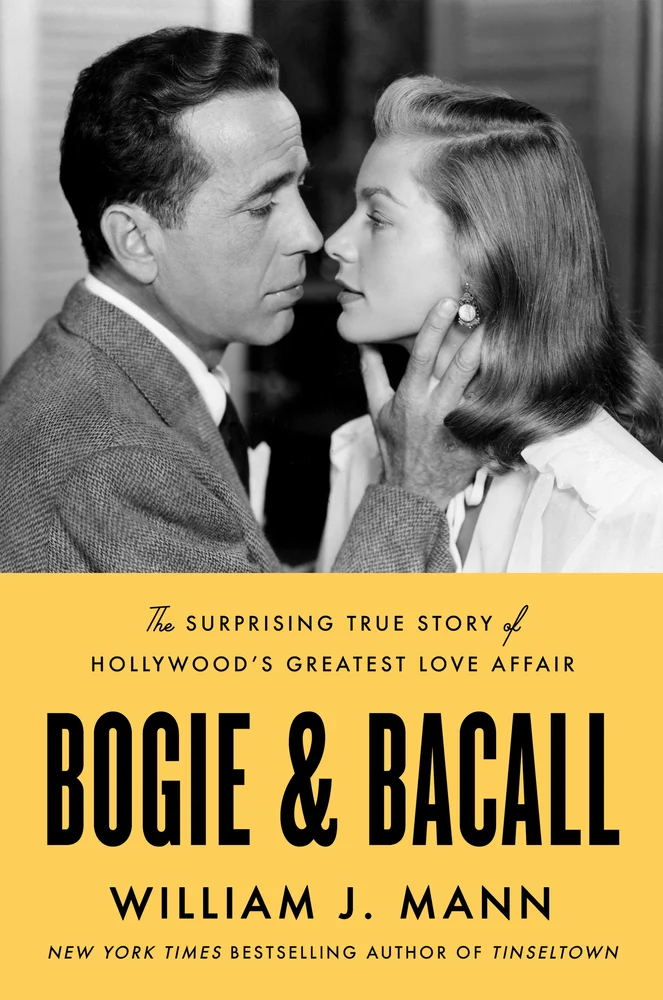
"When I’m working on writing fiction, I like to read biographies or scripts. I have a weakness for non-fiction love stories. That’s a funny way of referring to a researched book, but how much can we ever know about the truth within two other people’s relationship?"
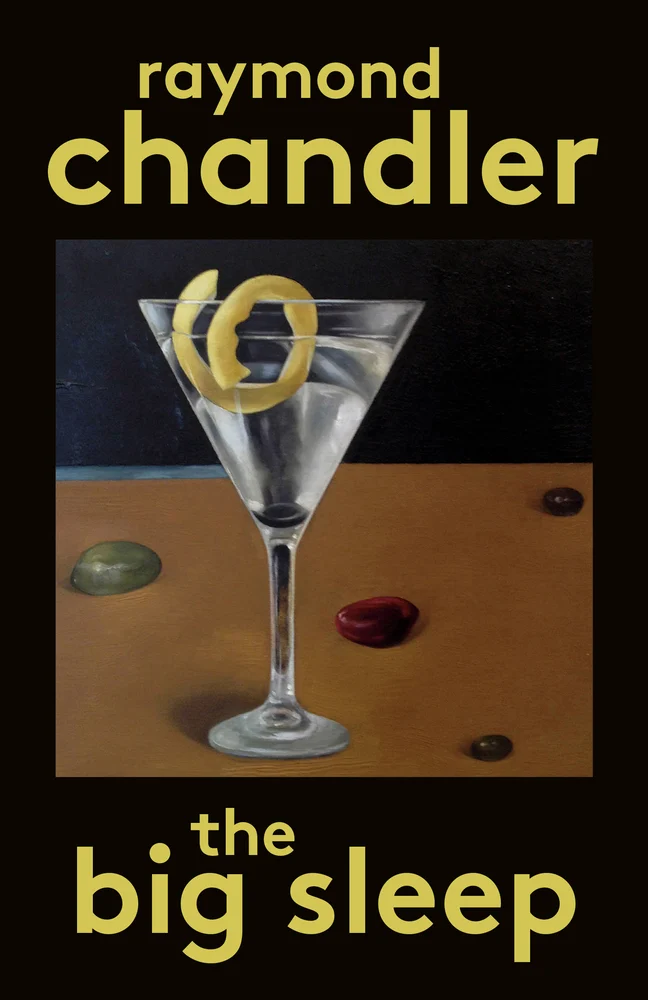
"Of course, this is the iconic novel adapted for Bogie and Bacall’s legendary 1946 movie of the same name. Set in gritty 1930s Los Angeles, it’s also Chandler’s first novel and the introduction of detective Philip Marlowe. I read that director Howard Hawks (some say Bogart) found a problem with the plot during filming and Chandler admitted he didn’t have an answer."
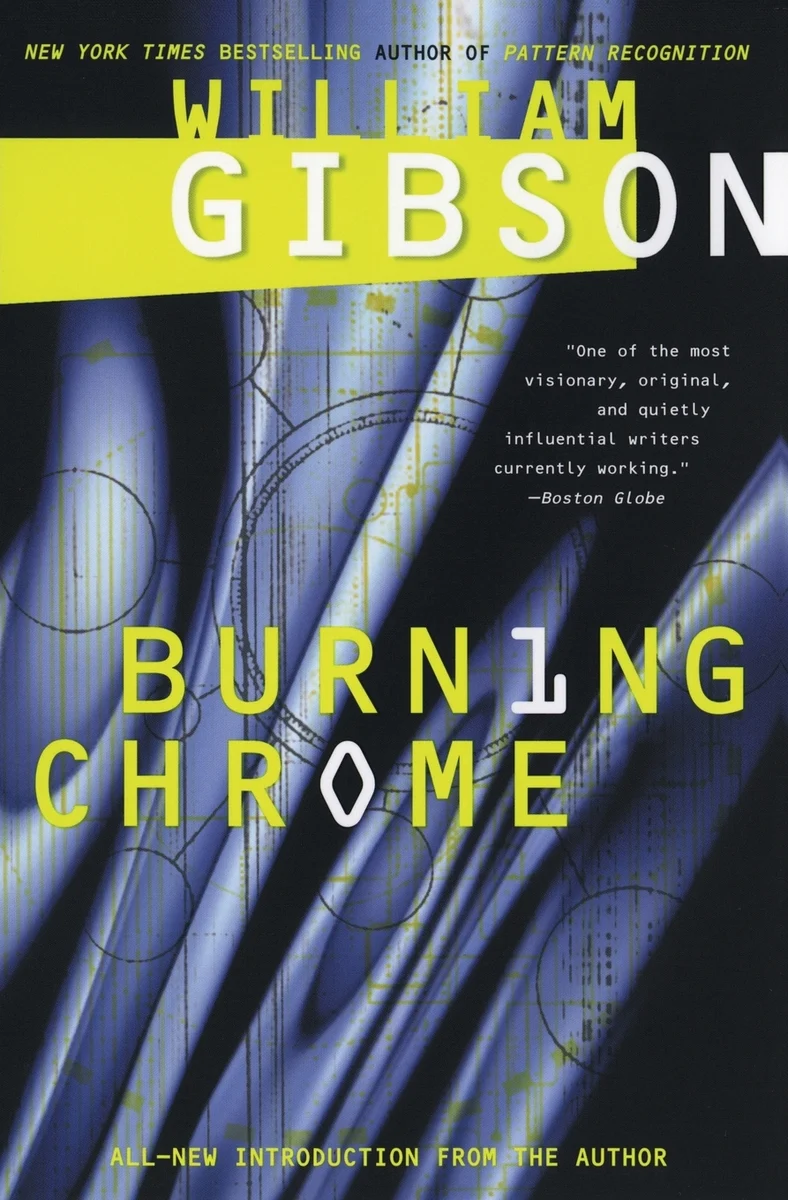
"A 1986 collection of speculative fiction writer William Gibson. It includes 'New Rose Hotel,' the short story turned into a film of the same name in 1988. Set in a dystopian future of mega conglomerates, it's a 'new' take on the time-honored mess of two troubled agents and a beautiful woman."
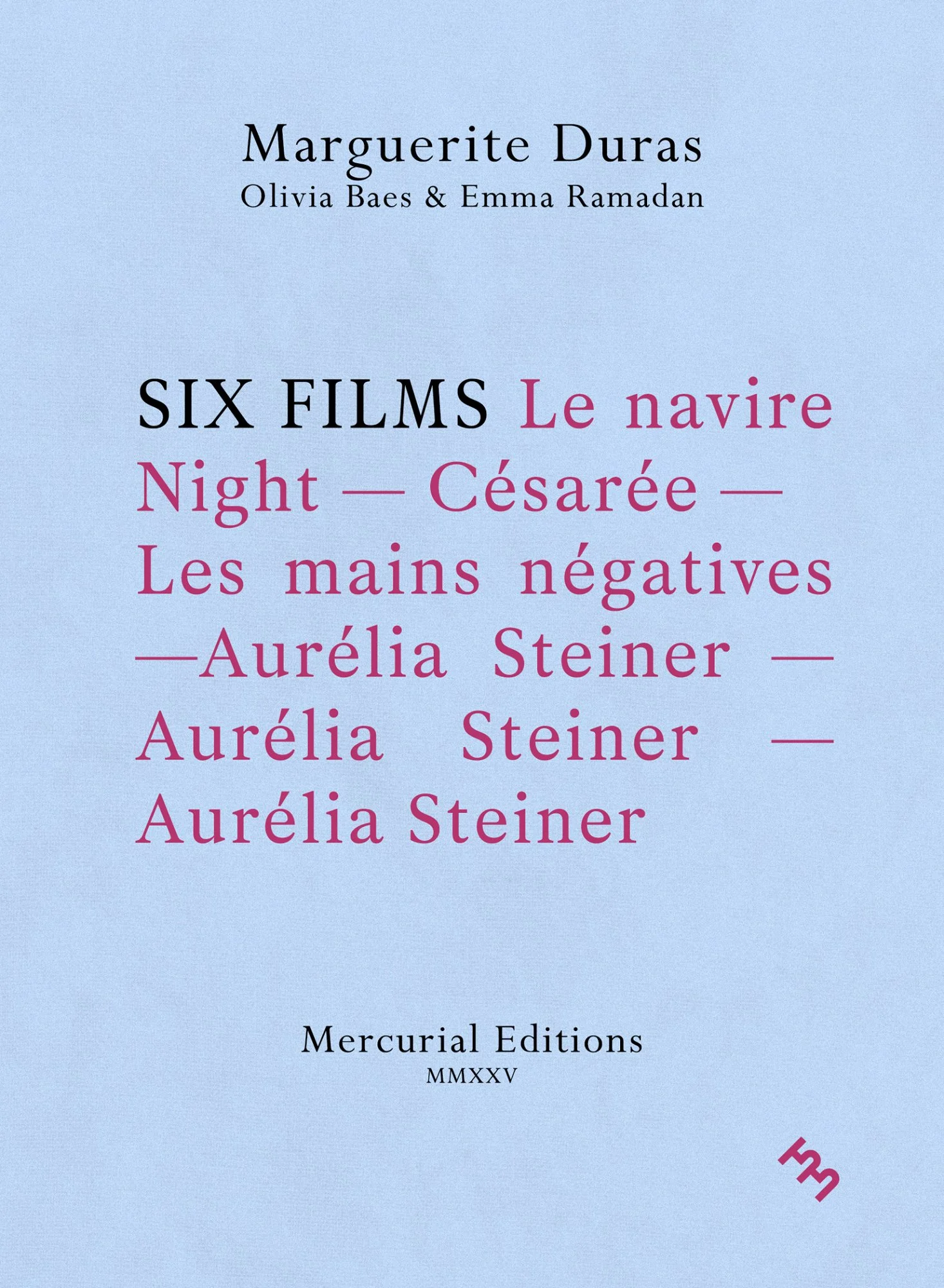
"An experimental writing project by French filmmaker and novelist Marguerite Duras. It isn’t a script or a novel, rather a fresh text that pulls from the author's existing written works—Le navire Night, Césarée, Les Mains Négatives, and Aurélia Steiner, Aurélia Steiner, Aurélia Steiner."
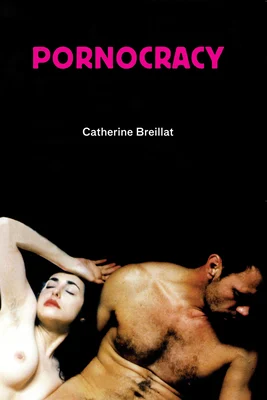
"Filmmaker and novelist Catherine Breillat chose to access the story behind her 2004 movie Anatomy of Hell through novel form rather than a screenplay. It is about a woman who encounters a man at a gay nightclub, and the intimate nights thereafter."
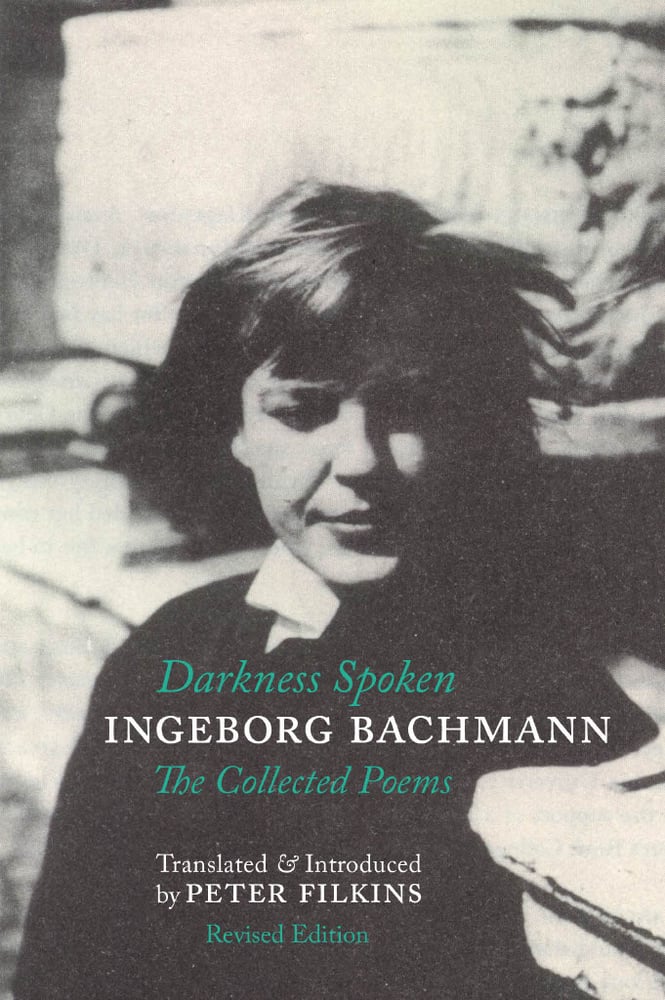
"A massive English-language volume with 129 poems (25 never before published) by the Austrian writer Ingeborg Bachmann. It includes new insights from the translator who is also at work on a biography about the legendary poet and novelist."
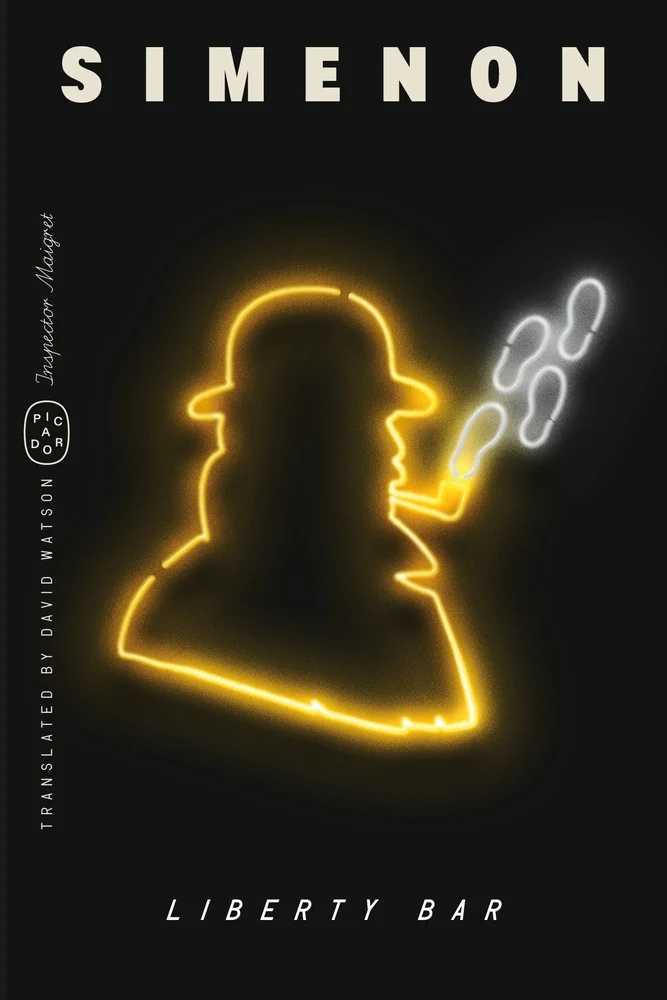
"This is one of nearly 75 novels following a French detective named Inspector Maigret. The 17th in the series, it opens in the South of France, and follows Maigret as he tries to figure out what happened to sometime sheep rancher, William Brown."
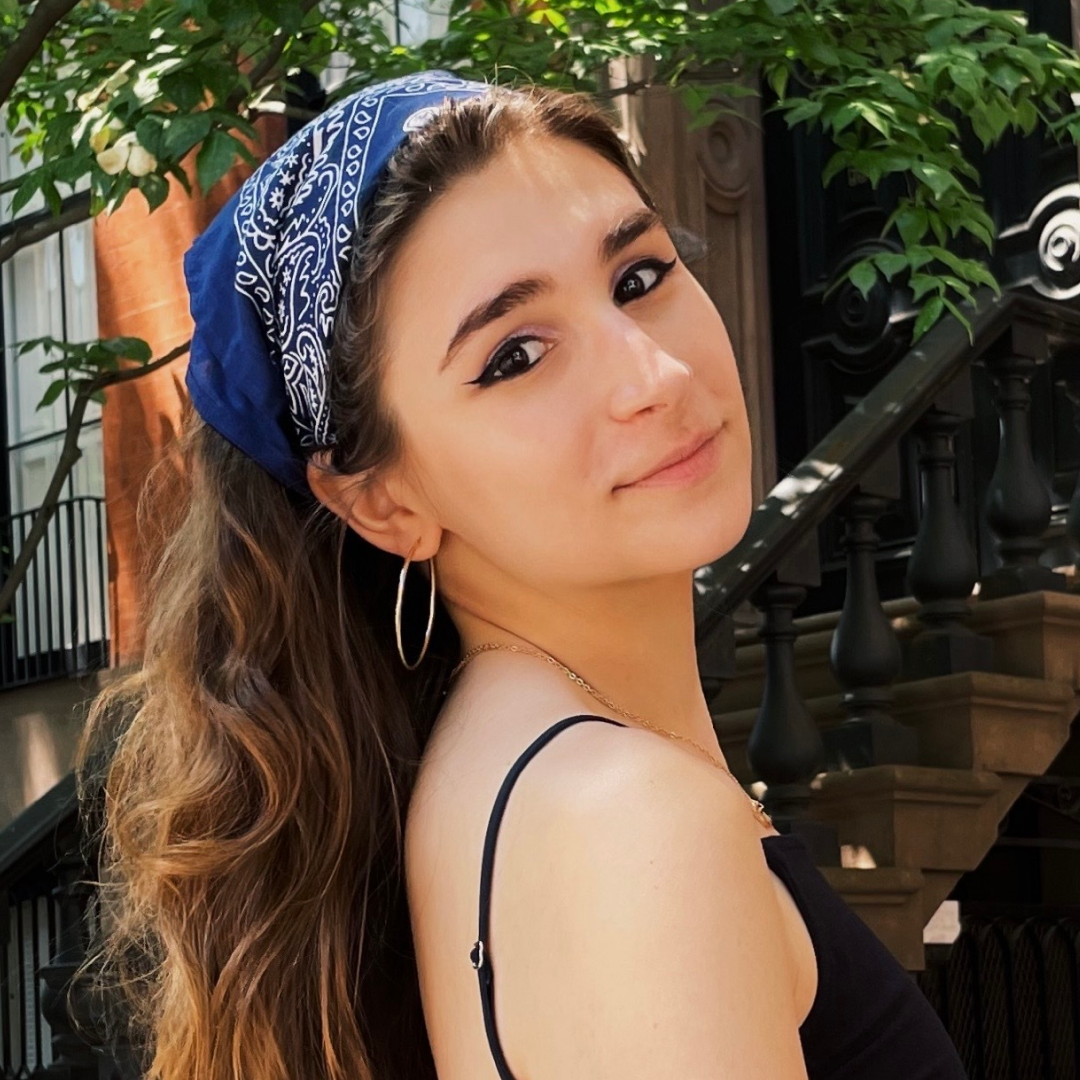
Sadie Bell is the Senior Culture Editor at Marie Claire, where she edits, writes, and helps to ideate stories across movies, TV, books, music, and theater, from interviews with talent to pop culture features and trend stories. She has a passion for uplifting rising stars, and a special interest in cult-classic movies, emerging arts scenes, and music. She has over nine years of experience covering pop culture and her byline has appeared in Billboard, Interview Magazine, NYLON, PEOPLE, Rolling Stone, Thrillist and other outlets.
